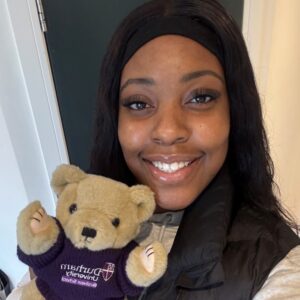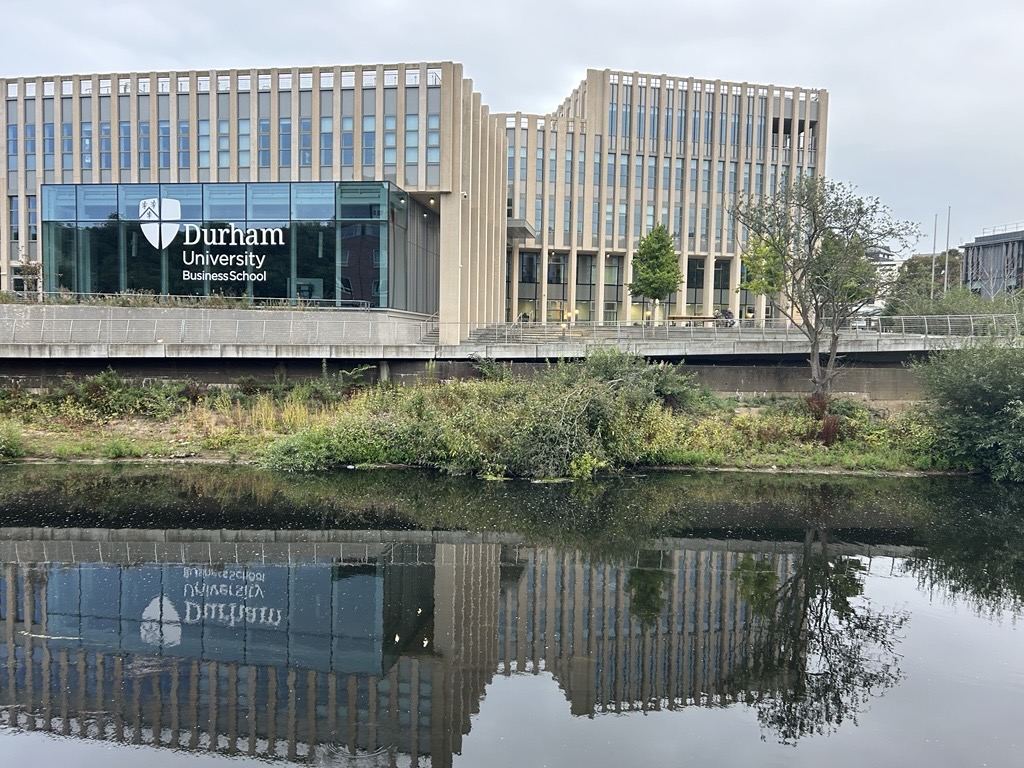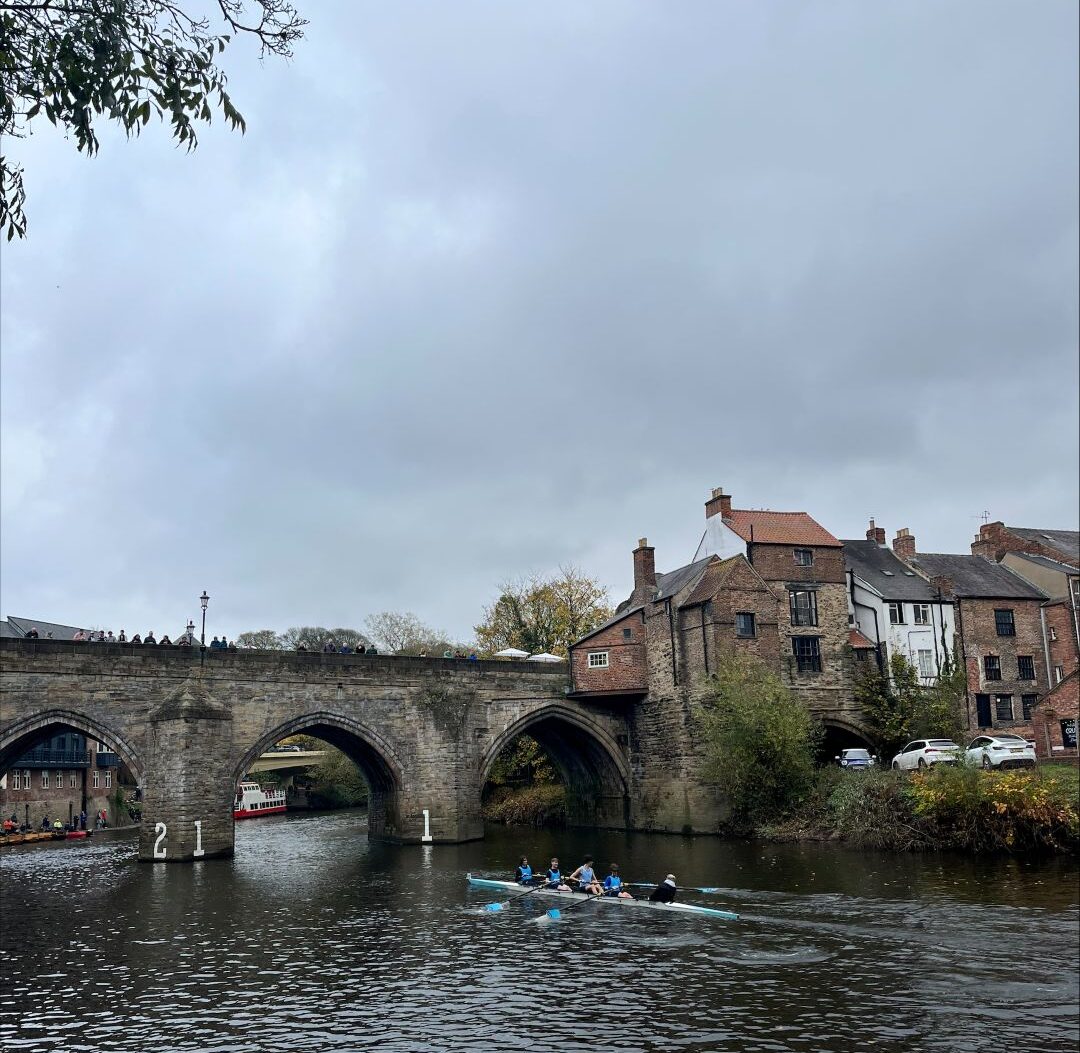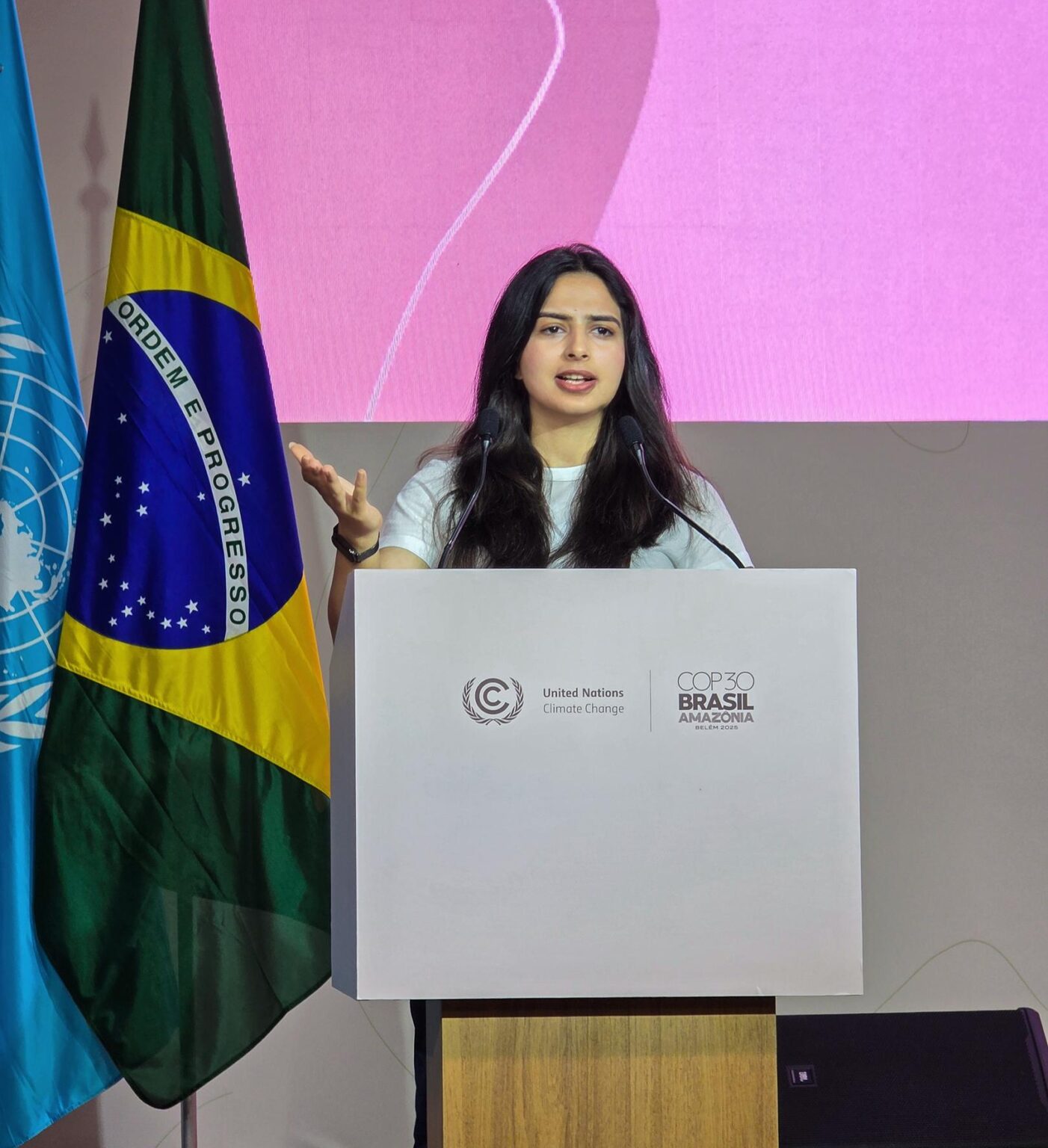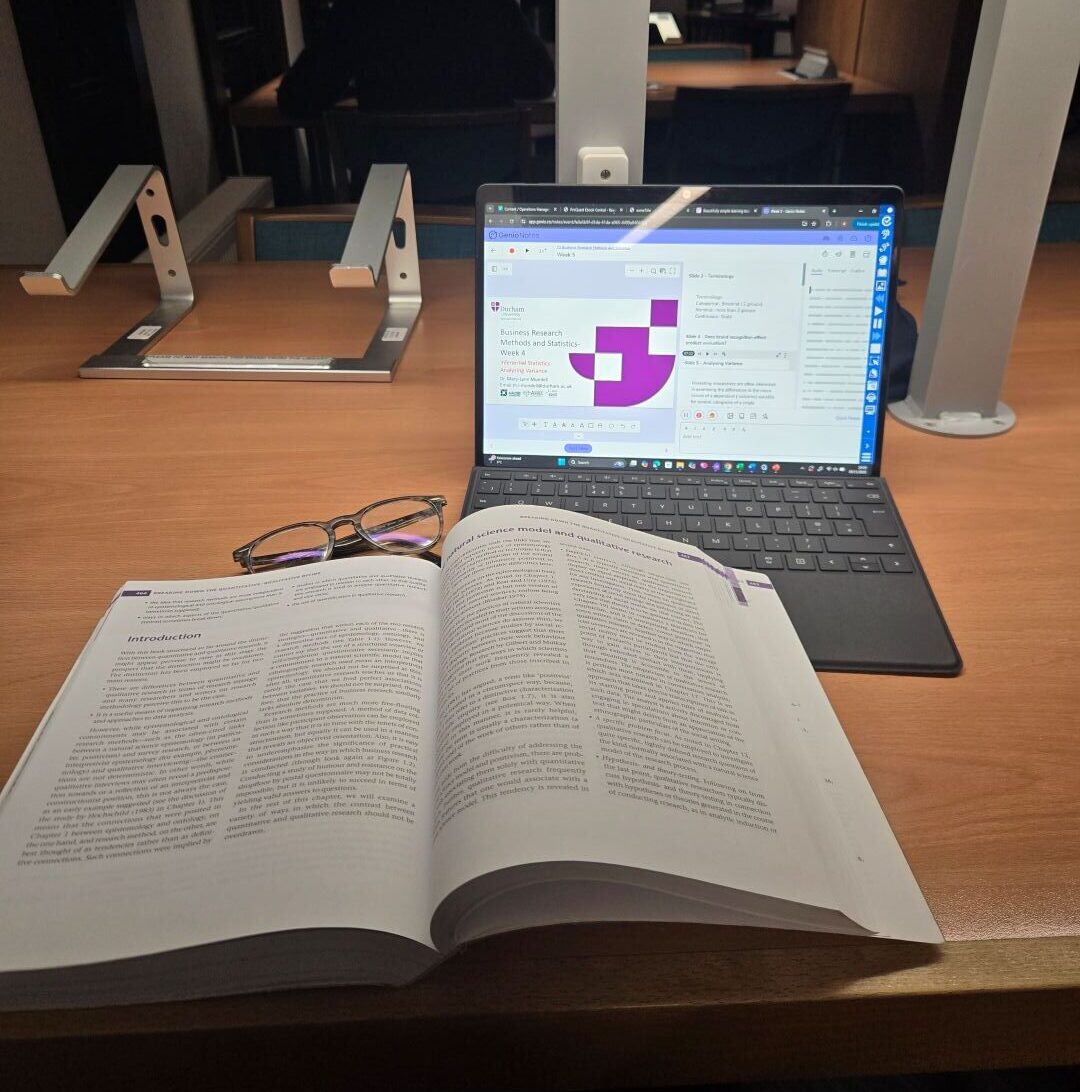Studying Accounting at Durham has been such an interesting mix of insight, challenge and reward. It’s the kind of degree that keeps you engaged and thinking in new ways. There’s always something new to learn, from preparing and interpreting financial statements to seeing how management decisions impact performance or exploring how different tax systems affect individuals and businesses. The lecturers are passionate and approachable, and there’s lots of support available if you need help understanding a topic or preparing for assessments.
Average week
My week has 12 hours of lectures and workshops, so about six to seven, two-hour blocks of learning and luckily a day off, which I use to work on assignments and review materials for the next lesson. The modules I take are Taxation, Financial Accounting and Management Accounting.
Taxation
For Taxation, I have a lecture earlier in the day, which introduces the key concepts like Income tax, Corporation tax and how VAT works, and then later that same day, I have a workshop where we go over similar material in more detail. The workshops are very useful, because they give you the chance to ask questions and work through examples, which helps everything click.
Financial Accounting
In Financial Accounting, my favourite part is preparing and interpreting the Balance Sheet, Statement of Profit and Loss, and the Statement of Cash Flows. These statements are quite structured and allow you to see how everything links together to show how well a business is performing.
Management Accounting
I am most interested in learning about costing methods and budgeting in Management Accounting. It’s a more analytical and decision-focused module compared to Financial Accounting, and I enjoy understanding how accounting information supports strategic planning and decision-making within a business.
Together, these modules give a really good balance between technical skills and practical understanding. The skills I’ve gained don’t just stay in the classroom, they can be applied to real word situations, and they are really useful for placements, summer internships or future graduate roles!
Independent study
Outside of classes, I spend a few hours each day on independent study, which can include completing question packs, looking over lecture notes or catching up on any topics I found tricky during the week. Most of this happens in the library or Business School study spaces, which is a great space for focused work, and I like to break up long study sessions with a walk around campus.
Assessments
Most of the course is assessed through written exams, usually lasting two or three hours. These exams test your calculations and problem-solving skills and topics covered in class. In addition, there are a few essays and written assignments, which let you explore the topic in more depth.
Discover more
Take a look at Durham University Business School
Download our latest prospectus and college guide here.
To see more of Durham student life, follow The Durham Student on Instagram, TikTok and YouTube.



